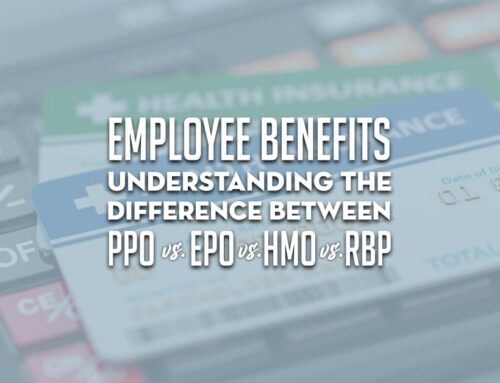According to the Texas Department of Health, small businesses are companies with anywhere from two to 50 full-time employees. Small business owners, just like large companies, must abide by insurance rules and provide insurance coverage to employees. There are specific rules for SMEs, from how much they must contribute to employee premiums to insurance coverage dates.
The Small Business Administration says that 45.6 percent of workers or more than 4.7 million Texans work in small firms. Despite these figures, it can be challenging for SMEs to attract productive and innovative employees. One way to ensure that they stay on is by offering good benefits, like small group health insurance plans. Here are things you should know about small business health insurance in Texas.
How to Provide Coverage for Qualified Employees
All qualified employees and their dependents must have the same health insurance coverage. Full-time employees do not have to opt for coverage, and their spouses and dependents should be eligible for it. In Texas law, SME owners should not require employees or their spouses and dependents to participate in small business health insurance plans. However, they must offer one according to law.
Does Texas Law Have Premium Increase Caps?
In Texas law, there are caps to the amount that insurance premiums can increase. This measure is in place to protect small business employers. Every year, health insurance premium payments can only rise to a maximum of 15 percent from the previous year.
Are SMEs Required to Pay for Employee Health Insurance?
Texas law does not require employers to pay for their employees’ health insurance coverage. Though they must offer coverage if they have at least two qualified employees, they are not legally responsible for paying for employee premiums.
However, insurance companies could require employees to cover up to half of the premium amount. If the employer wishes to, they can pay more than 50 percent of the premiums. Furthermore, employers must offer equal coverage to dependents and spouses of employees, but the law does not require them to contribute to these premiums. Insurance carriers are also not likely to require them to do so.
What to Know About Employee Registration
If an employer offers health insurance, they have up to 31 days from the worker’s starting date to offer their employee a plan. Should the employee not enroll during their first 31 days, they might have to wait up to a year to catch the next open employment period. Also, the SME owner can require their employee to wait for 90 days for the coverage to become effective. This applies even if the employee enrolls in the first month.
Why Should Employers Offer Small Group Health Insurance?
In Texas, there are unique benefits to offering coverage to employees. Group health insurance, for example, costs less per person than individual plans. Texas also offers several incentives that can help pay for small group health insurance. Aside from the annual 15 percent cap on increases, it lets small businesses negotiate lower prices and bans insurance companies from ending coverage without due reason.
Texas is also a prime location for health coverage. Dallas, in particular, is the location for a regional headquarters for the ACA coalitions. These groups, which consist of community partners and public authorities, help extend quality healthcare to as many people as possible.
Conclusion
Small business owners would greatly benefit from small group health coverage to their employees. SMEs are often on shoestring budgets, which makes employers reluctant to offer health insurance; small group coverage is one way for them to do that.
For more information on small business health insurance, get in touch with Abbot Benefits Group. We help Texas SMEs provide benefits for their employees, from group medical, dental and vision, life and disability, to supplemental insurance. Contact us today to learn more.





